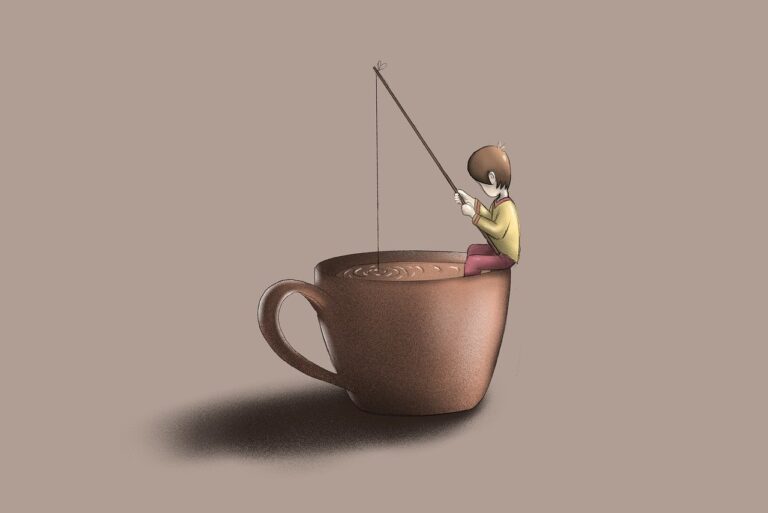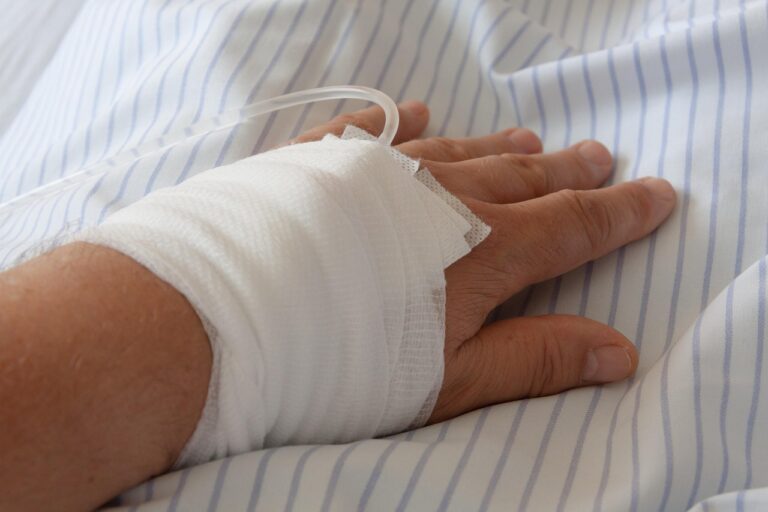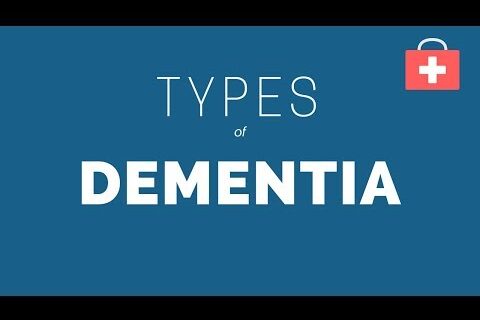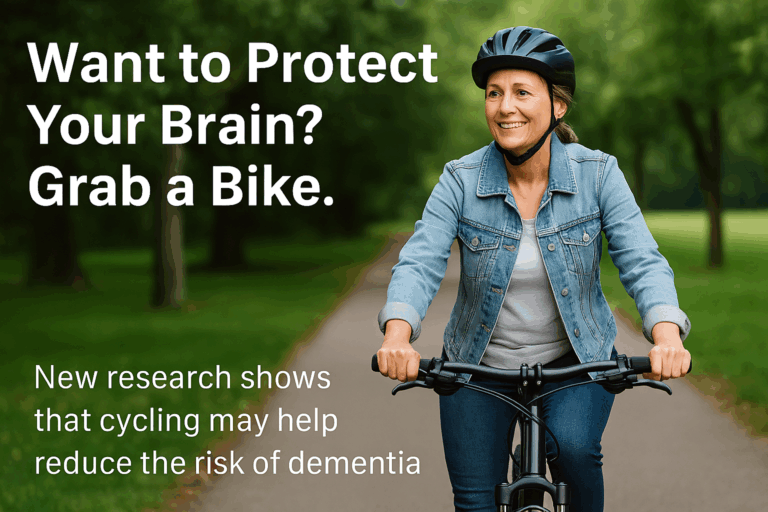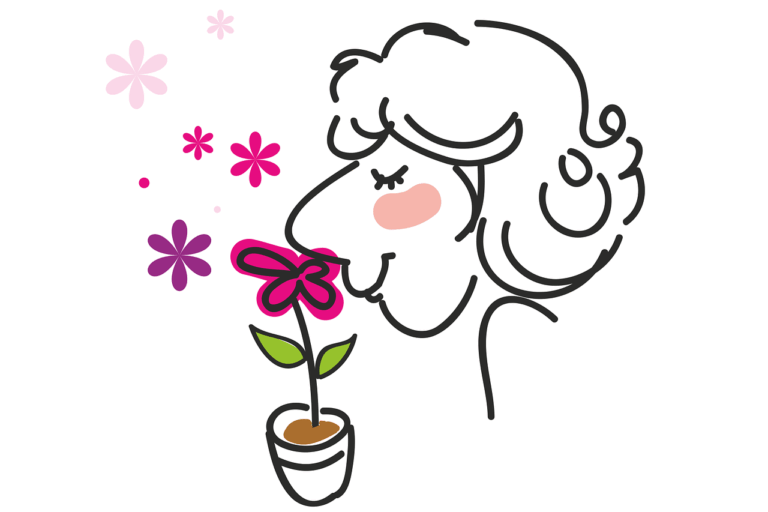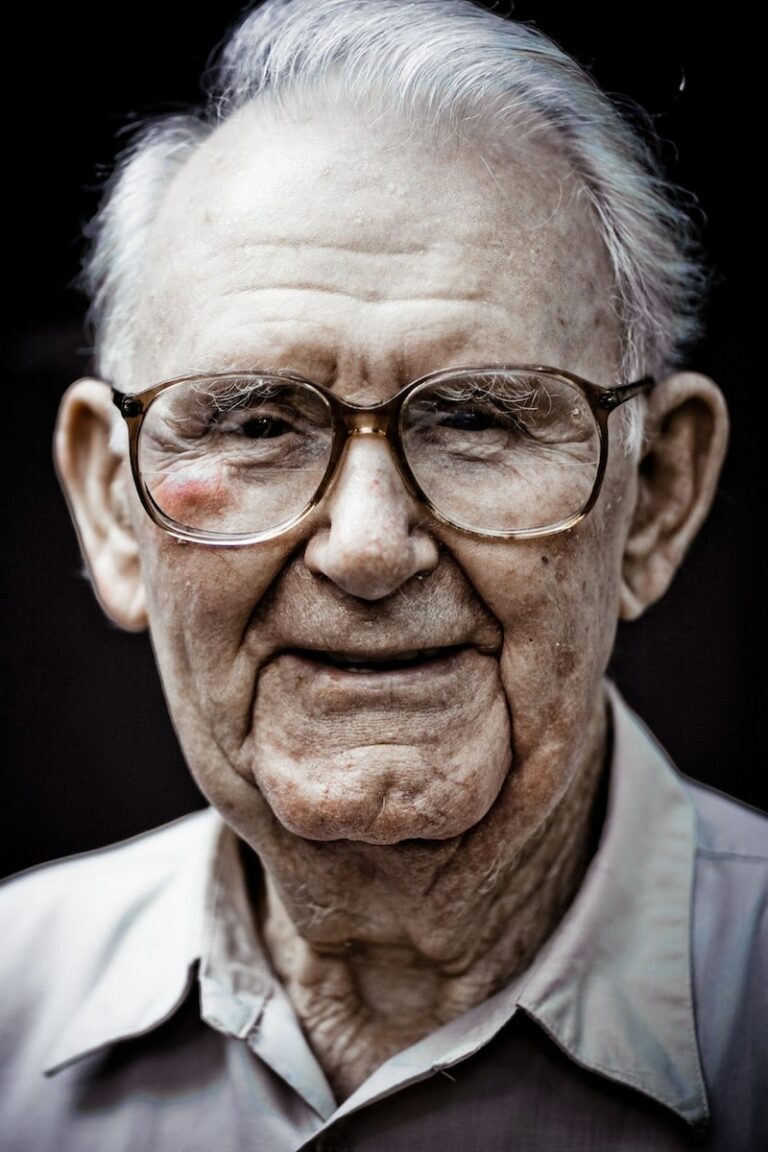SHORT-TERM MEMORY lapses are obvious signs of Alzheimer's, but other tell-tale signals begin to show much earlier. Learn how to look for semantic impairments, such as simple questions about size.
How can military service impact brain health? What are specific risk factors? Are there vital steps soldiers can take towards dementia prevention and treatment?
Salk Institute's J147 is a derivative of turmeric, a spice used in curry. Learn how it fights memory deficits and has a host of unexpected anti-aging effects in the lab.
FDA approves a newly recommended dosing schedule for Kisunla (Donanemab). It's significantly safer due to lowered ARIA-E rates, which has been the main problem with these drugs.
Don Hayen is a retired doctor, diagnosed with Alzheimer's at 71. But that diagnosis took way too long. Find out how his "cognitive reserve" fooled his doctors. See why he sure wished it hadn't.
There is more to us than our brains and our bodies, says dementia expert Teepa Snow. "There's more to us than that ... When we're together, we become more." Watch now.
Berkeley researchers reveal deep sleep might protect memory—even in the face of Alzheimer’s. Could your nightly rest be the brain’s best defense?
This "Overview for Med Students" sums up 5 common types of dementia: Alzheimer’s, Parkinson’s, Lewy body, vascular and frontotemporal dementia. Watch now.
New research reveals that choosing a bike over a car might not just save gas—it could also help guard your brain against dementia, including Alzheimer’s. Here’s why cycling might be one of the smartest habits you can develop.
A new pineapple turmeric apple cider vinegar blend from Bragg is turning heads—not just for its flavor, but for its potential brain-boosting benefits. Could this tangy tonic play a role in Alzheimer’s prevention?
TEEPA CARE-TIP VIDEO:
Dementia dangerously alters a person's sense of smell. Teepa Snow brings to light what people with dementia smell - and what they don't. Learn to prevent hazards and frustrations.
"Sundowning" describes agitation and anxiety often felt towards the end of the day in dementia. See what it is and what you can do about it.
